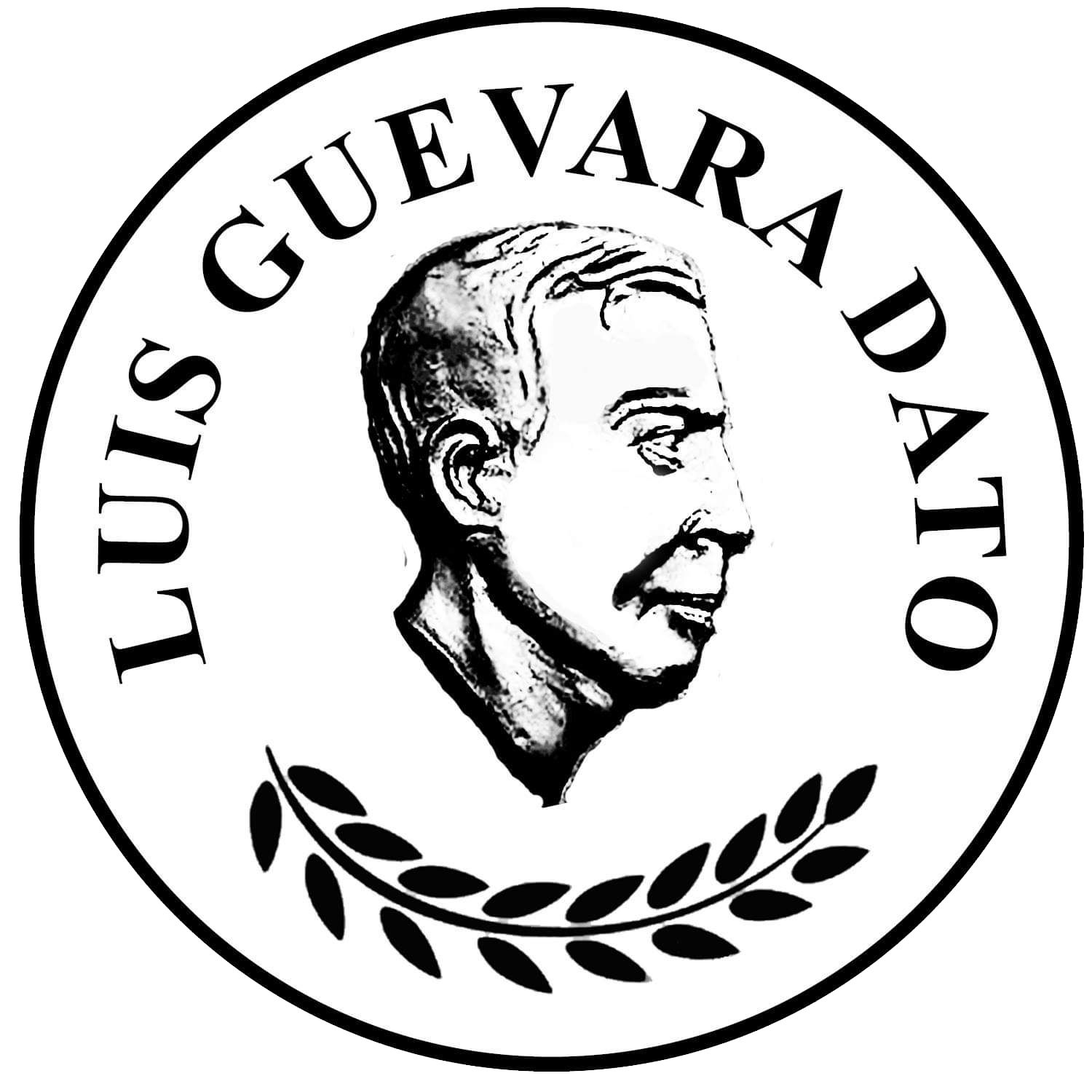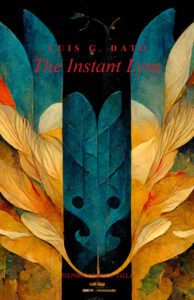by Stephen Cenon D. Talla
Insanity has the same brain pattern as being in love. Or being in love as much as being crazy. Being in love encompasses a wide gamut of emotions from positive state of happiness, care, compassion to its negative traits like jealousy, obsession and nostalgia. Those emotions when experienced by a gifted artist could be amplified to an exaggerated bliss or symptomatic of depression. I would like to choose to believe that Luis G. Dato was so much deep in love, especially in the late 1920s to the early 1930s, that he was able to conjure up his classic works like Among the Hills, The Spouse and the Day on the Farm because of it. Apparently, according to numerous accounts (first-hand witnesses or not) what he had was “loco de amor,” (crazy of love) — as what his town mates would call it. Frankly, if one will ask my opinion, I would be better off in that state and write great texts; than be “normal” and be mediocre.
His older brother, Rodolfo, who published probably the first anthology of English poems of Filipino authors, who, also, was undoubtedly a huge fan of Luis G. Dato, wrote in the Editor’s Note of the “My Book of Verses”:
This, however, raised an issue: Did he write his best only during this fleeting episode of his mental state? I think not only. After he recovered from his illness, consciously browsing through his works, he realized that being in love allowed him to write philosophical and romantic poems. Thus, it became his formula.
In his Autobiographical Sketch, written in the late 70s, he counseled: “In brief, to those who want to write poetry, who ask me how and why I wrote poetry as well as the question, “Is poet born or made?” my answer is: Read poetry, the best in world literature, especially English, European, South American and Asian poetry. Imitate the way they think, the way they write.
Also, fall in love. Look around at our girls who, I think, are among the loveliest in the world. Break your heart with the pain, the anguish of unrequited love. Indulge in self-pity, if it cannot helped. But sublimate your frustrations. You are then in condition to write poetry, poetry from the depths of the soul.”
Before 1924, when his older brother, Rodolfo Dato, tasked him to go over hundreds of poems in the National Library in Intramuros for the anthology of Filipino poets from 1911 to 1924, he had no choice but to obey his brother, and choose poems to be included in the anthology, Filipino Poetry. The book, by the way, has become the first poetry book in the Philippines that showcases the Filipino gift on the borrowed language. It had a profound effect on Luis G. Dato. It cultivated his love of poetry and literature. It started him to write, inspired him to publish his first book, Manila A Collection of Verse in 1926. In his manuscript (The Instant Lyre), he wrote a number of poem translations from his influences; from local poets like Fernando Ma. Guerrero, Claro M. Recto, Cecilio Apostol and Jose Rizal (although not documented, is among of his top favorites); to foreign poets like Ruben Dario, Manuel Acuna, Gustavo Adolfo Becquer, Charles Baudelaire, and Joaquin Pellicer y Camacho. His translation of Rizal’s Mi Ultimo Adios, which he called Mi Ultimo Pensamiento, is the first translation of the original Spanish form by a Filipino and among of the best translations of the poem.
Also documented on his autobiography, evidently, was his anthology and litany of muses. During the 70s and 80s, movie producers and directors rehashed the phrase, “for art’s sake”; perhaps from Oscar Wilde in his Preface to The Picture of Dorian Gray in 1890. It expressed that “art shall have no other aim than being art.” Luis G. Dato chooses to be in love for his art. There was no other purpose. There was no other way. And it was effective. Today, he is regarded as one of first Filipino romantic poets of the 20th century.
Going back to my pending issue: Did he write his best only during this fleeting episode of his mental state? I think not only. He wrote hundreds of texts after.
The Instant Lyre, original works compiled from when he started writing in the early 1920s to the mid-1970s, demonstrates his command of the English verse and the cadence of his lyrical rhythm. The collection “indicate a spontaneous and sustained creativity,” as written by Leopoldo Y. Yabes. Unfortunately, the book was never published. The manuscript, was among his life’s frustrations; as written in one of his texts in the Sonnets to the Brown Goddess:
CXXIII
By Luis G. Dato
Now nearing sixty, what report to make
To God on high and to the earth below?
What record of accomplishments to show,
What ripples in life’s sea leave in our wake,
As we prepare evading Charon’s lake,
And, leaving, we our of offspring shall bestow,
By which posterity of us shall know,
When we this sorry sphere at last forsake ?
Two books of verse, at that both slender ones,
The third held up by rising printing costs;
Eight children, plus one dead within the year;
Three NC summer subjects for the nonce,
Three libel suits, of dead campaigns the ghosts —
Our shots were straddles, aimed too low, we fear!
“The third held up by rising printing costs” is The Instant Lyre. Indicative of him personally covering the printing expenses of the publications during that time. After 35 years of his passing, based on his manuscript, The Instant Lyre is published, finally, both online and as a paperback.
In conclusion, allow me to post a text: the poem Obsession, which he contributed to The Herald Mid-week Magazine in August 23, 1939, included in The Instant Lyre, expresses his longing (and obsession) for his beloved; from morning, noon until night — painting images of the hill, and her roses in the lawn.
OBSESSION
by Luis G. Dato
I think of you at sunrise,
When in the hills dawn,
Robed in her clouds, reminds me
Of roses in your lawn.
I think of the folded curtains
And silken blinds at noon,
And of your heavenly chamber
Where flow’rs o’erpowering swoon.
I think of you when silence
Oppresses in the gloom,
A terror takes the city
And death is in your room.
I think of stare at twilight
When the day bids fond adieu;
I think of you this midnight,
Beloved, where are you?
Luis G. Dato interpreted his emotions beyond the physical execution of love; he sublimates them and write for posterity.
The book, The Instant Lyre is available on the amazon.




